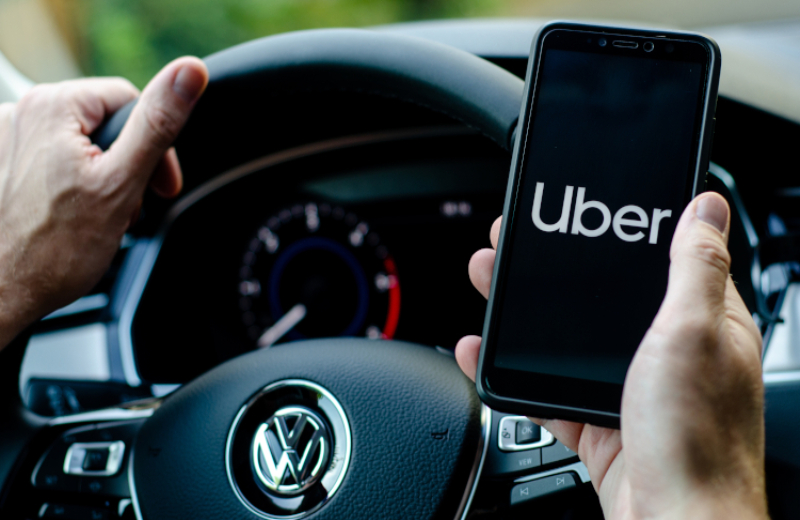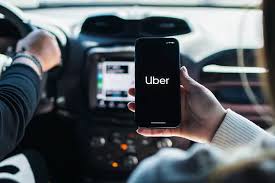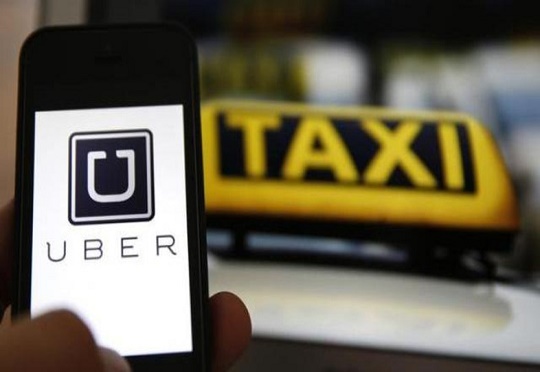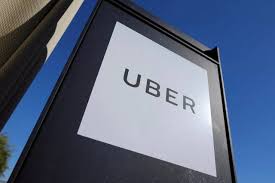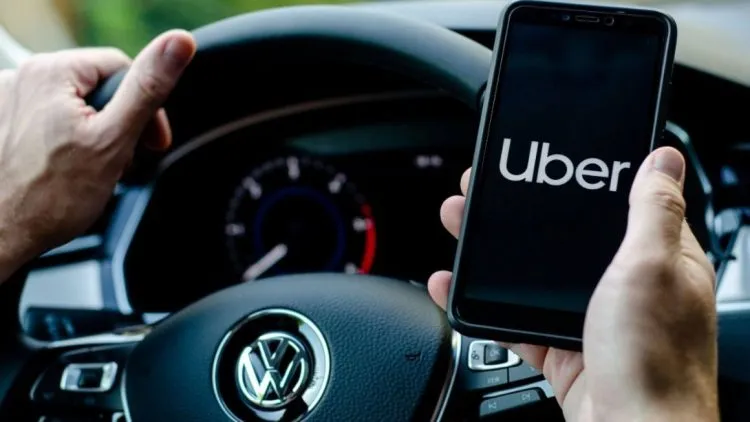A month-long spat over data-sharing policies has finally been resolved between the Lagos State Government and ride-hailing business Uber.
Uber’s legal battle with the government stemmed from a 2020 deal mandating ride-hailing services to provide the authorities with real-time travel data.
After the ruling, people can collaborate to improve transport services and keep drivers and passengers safe and comfortable. These agreements between Uber and the Lagos State Government require real-time data sharing. A new age of collaboration and city transport innovations begins.
Read also: Uber elevates Kenyan rides, launches Uber Comfort
Uber vs Lagos: Resolving Regulatory Friction
On March 24, the Uber-Lagos issue involved regulatory compliance and operating rules. Like many other cities around the world, Lagos faced challenges in regulating the operations of ride-hailing companies within its jurisdiction. With concerns over safety, price structures, and the impact of ride-hailing services on traditional taxi operators, the Lagos State Government introduced regulations to bring Uber and similar companies into conformity.
The execution of these regulations often caused conflict between Uber and local authorities. Legal fights and service disruptions erupted over licencing, car inspections, and taxation. Both parties understood the necessity for conversation and collaboration to resolve these difficulties and develop mutually beneficial solutions.
Lagos impounded Uber drivers’ cars, worsening the problem.
Both parties have made concessions, says Lagos state transport director Olasunkanmi Ojowuro. A change in posture was seen when impounded autos were freed “based on compassionate grounds.” Uber has not commented on the deal, but it protects Lagos residents from being without services.
Data-sharing resolution notwithstanding, Uber drivers remain unhappy. Profits are affected by Uber’s 25% commission rate, rising gasoline expenses, and low fares.
These difficulties were highlighted by AUATON, with drivers leaving the platform due to low fares.
The Lagos administration said real-time data access was necessary for user safety and emergency identification.
Although Uber submitted daily travel data, the authorities demanded an instant remedy. Uber said privacy issues outweighed safety benefits, putting them in a tough spot. Advocates for human rights stress the need to balance public good with data security.
Read also: Lagos will host Africa Technology Expo in June
Uber shares real-time data with Lagos for safety and efficiency
Sharing real-time data improves transportation safety and efficiency. Authorities can better handle emergencies, reduce congestion, and improve transportation services using real-time ride activity and traffic data. Data sharing helps Uber improve the safety of rider and driver experiences and identify areas for improvement.
Uber’s engagement with the Lagos State Government also sets an excellent example for ride-hailing regulatory cooperation. Both parties show their dedication to innovation, economic progress, and Lagos citizens’ quality of life by collaborating on regulatory issues and data-driven solutions.
Finally, the Uber-Lagos conflict resolution advances urban mobility. Both sides have built a more efficient, safe, and sustainable transportation system by collaborating and sharing data. As other cities face similar regulatory problems, Uber and Lagos offer a blueprint for ride-hailing businesses and local governments to work together.




